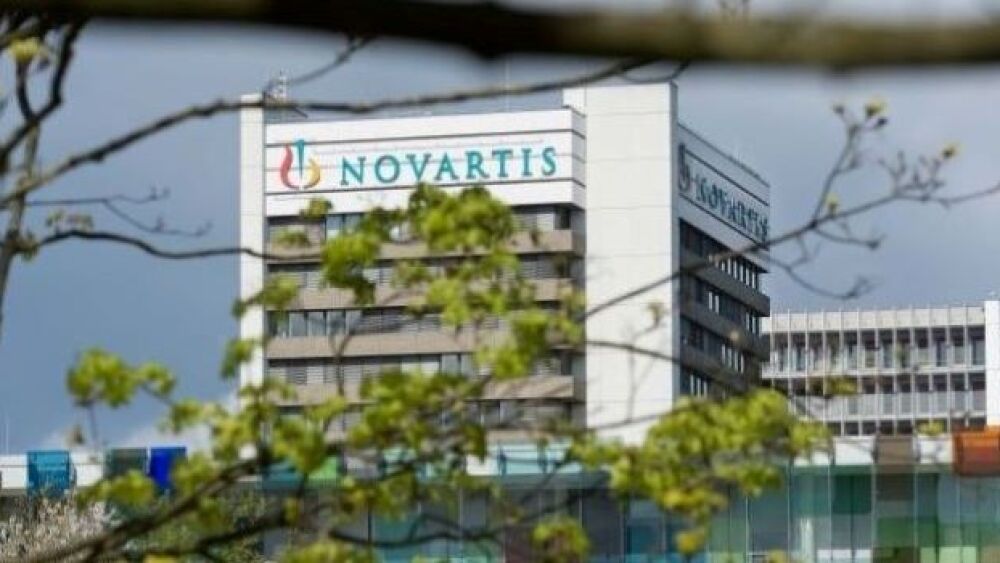This morning, the Swiss pharma giant announced Ilaris plus standard of care did not demonstrate a significantly greater chance of survival for patients without the need for invasive mechanical ventilation, compared with placebo plus the standard of care.
Ilaris couldn’t meet the required endpoints in the study.
Novartis’ Ilaris (canakinumab), an IL-1β inhibitor, came up short in a Phase III COVID-19 study, the company reported, following an interim analysis of data.
This morning, the Swiss pharma giant announced Ilaris plus standard of care did not demonstrate a significantly greater chance of survival for patients without the need for invasive mechanical ventilation, compared with placebo plus the standard of care. Ilaris also failed to meet the key secondary endpoint of reducing mortality in COVID-19 patients, Novartis said.
In the trial, the primary endpoint of survival without the need for mechanical ventilation was 88.8% for Ilaris plus standard of care compared to 85.7% for placebo and standard of care. The key secondary endpoint of COVID-19-related mortality up to four weeks was 4.9% for Ilaris and standard of care compared to 7.2% for placebo. Both the primary and key secondary endpoints trended in favor of canakinumab but did not reach statistical significance.
John Tsai, head of Global Drug Development and chief medical officer for Novartis, said that although the Phase III CAN-COVID trial of Ilaris failed to meet endpoints, it did improve the scientific understanding of COVID-19 and the role of interleukin-1β inhibition.
“There’s still an urgent need for effective ways to combat COVID-19 and we will continue to apply our best scientific minds in support of the global pandemic response, including a Phase III trial of ruxolitinib (Jakafi). We’re deeply grateful to the patients who participated and their caregivers, as well as the healthcare professionals and hospital staff who made this research possible while fighting the pandemic on the front line,” Tsai said in a statement.
Novartis said it will submit data from the interim analysis to a peer-reviewed journal. Ilaris has been approved for Systemic Juvenile Idiopathic Arthritis in patients aged 2 years and older and more recently, as a treatment for Adult-Onset Still’s Disease.
Novartis first launched the CAN-COVID study in April assessing hospitalized patients with COVID-19 pneumonia and cytokine release syndrome. Excessive production of IL-1β plays a prominent role in certain inflammatory diseases and immune responses and the thought was it may calm an overactive immune response in some patients. Ilaris isn’t the only interleukin inhibitor to fail as a treatment for COVID-19. Sanofi and Regeneron’s Kevzara, an IL-6 inhibitor, failed two COVID-19 studies. While the trial failed to hit its primary and secondary endpoints, Sanofi said it noticed some positive numerical trends, although they were not statistically significant. Genentech, a Roche company, reported that Actemra, another IL-6 inhibitor, failed to meet primary and secondary endpoints in a COVID-19 related study. Like Kevzara though, Genentech said it saw some positive trends with Actemra, but they were not statistically significant.
While Ilaris failed to meet endpoints in the CAN-COVID study, Novartis said the results do not affect any other ongoing trials for canakinumab, including investigations for the treatment of non-small cell lung cancer.
Ilaris may have failed in COVID, but Novartis said it will continue to aim its resources at the global pandemic. Last month, the company announced a collaboration with Switzerland-based Molecular Partners to develop two DARPin therapies designed for potential use against COVID-19.





